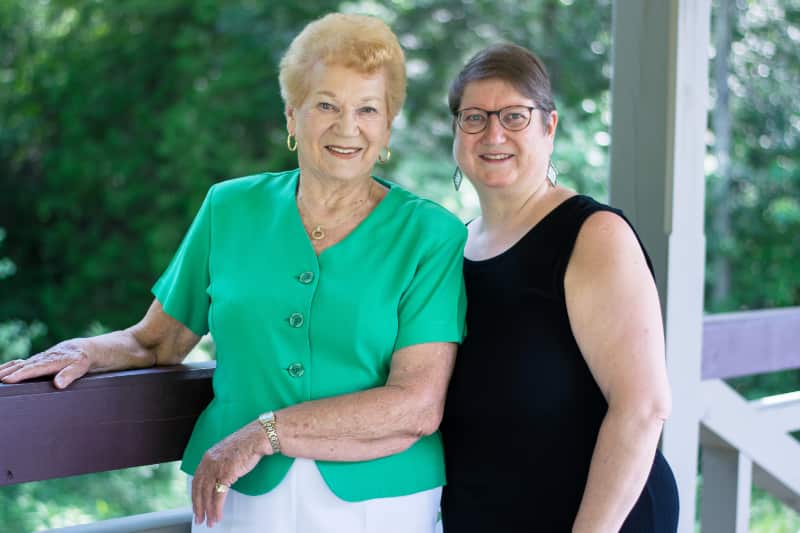Mother’s Day can be difficult for some people – for both those whose mothers have died and for those who wonder what “motherhood” is really all about … including me.
In Taoist philosophy, there is the concept of yin and yang, “opposites that are needed in order for harmony to exist”. We often view this as two sides of the same coin. In the movies, it’s “good-cop-bad-cop”. We think of darkness and light, beauty and ugliness, night and day, female and male … black and white. These may seem like opposing forces, however, they may also be complementary, interconnected, or interdependent. They can create balance.
What characteristics are considered female? You may say: nurturance, encouragement, patience, relational intimacy … and yet, if we are balanced, integrated people, shouldn’t we all exhibit those qualities in our lives?
I was at a meeting where youth were asked: “What do you like most about being a girl?” Some were unable to answer that question, others said “special friendships”, while a few of the adult women responded, “being a mother”.
Am I a mother if I have no children born of my flesh, but have nurtured hundreds? Do I continue to be a mother if my only child has died? Am I still a mother if I had a miscarriage or abortion or stillbirth? Am I a mother if my wife left me, alone, with three children to care for? Am I a mother if my daughter is unable to care for her own children and I care for my grandchildren?
“Motherhood” implies that you’re a parent. And yet, is this necessarily the case? Teachers, janitors, crossing guards, faith community members and leaders, neighbours … all these people may, at one time or another, fulfill some aspect of the role of mother … whether it’s applying a bandaid, kissing a child goodnight, listening intently, lending money, or showing unconditional love.
There’s a famous poem called, Children Learn What They Live. It speaks of the effect of the home environment, for better or worse, and the impact it has on our lives. This poem applies not only to children, but to adults as well.
Some of us were raised in homes characterized by such criticism, hostility, fear, pity, ridicule, jealousy, and shame. Many of us still carry the wounds inflicted upon us as children, wounds that are gaping, for all to see.
Others were born into secure families that encouraged, accepted, praised, and recognized. May your tribe increase ☺
Whether you are a parent or grandparent or sibling or friend or neighbour … I think all these roles, when it really comes down to it, are about love. Each individual shows their love in different ways – through various “love languages” such as quality time, acts of service or devotion, words of affirmation, gift-giving, or physical touch.
Loving someone is taking a risk – risking rejection, ingratitude, vulnerability; risking being hurt. Many have built high walls of protection around their hearts because they feel the risk is too great. Heartbreak is too painful. And yet, social isolation is one of the greatest causes of depression.
So, on this Mother’s Day, when we remember those who have been like mothers to us – some of whom are no longer on this earth – may we remember not only what we have lost, but what we have been given. Reflect on how much richer your life has become because of those who have loved you and those whom you have loved.
